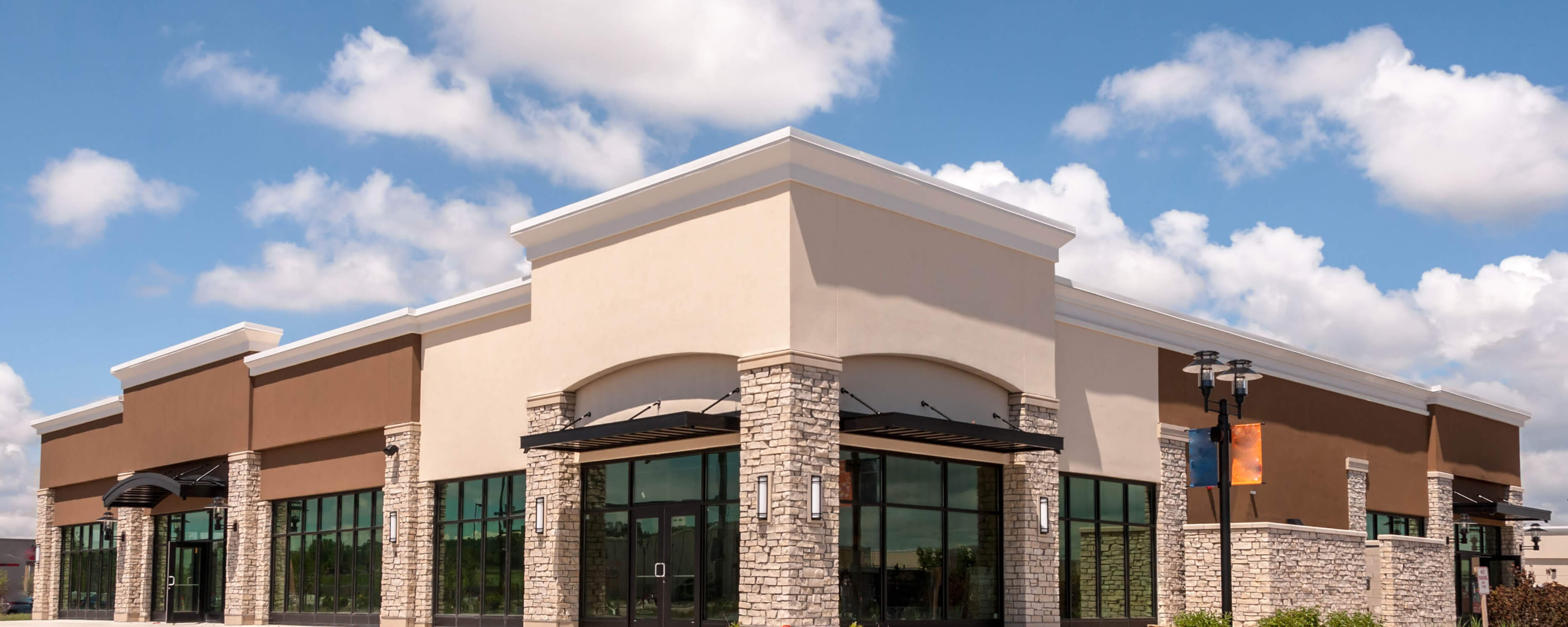7 Questions About Painting (to ask yourself)
 You've been in the same house for quite sometime and you are noticing that the exterior of your home isn't looking as fresh as it used to. Is this a project you can or should take on yourself? Or does it call for the expertise of a professional painter?
You've been in the same house for quite sometime and you are noticing that the exterior of your home isn't looking as fresh as it used to. Is this a project you can or should take on yourself? Or does it call for the expertise of a professional painter?Let's discuss a few things to consider before grabbing that ladder, paintbrush and a can of paint. These questions asked can also be referenced when deciding on whether to take on an interior painting project as well, but today we will just focus on the exterior.
Starting this project on your own, may not be as easy as it may seem at first glance. We at JWA Painting in Johns Creek (we also serve many other areas of metro Atlanta) want you to be able to look at your home and your painting experience as a great one.
So, I have written 7 questions to ask yourself before you take on a new painting project.
What type of project is it?
There are different requirements if you are painting the exterior, interior, cabinets or epoxy paint concrete. Are the surfaces older than 20 years? Is your house a one-level, small and easy to access all parts with just the use of your standard ladder, or do you have multiple levels, tall and has a number of different peaks and details?While a one-story rambler is relatively easy, a three-story house with multiple dormers and gables to paint is quite a different challenge. If your project is complicated, which will make it a more time-consuming and potentially frustrating job, it's probably best to turn to the professionals.
How much prep work is needed for your painting project?
You'll need to look for and remove peeling and cracking paint, dust, dirt and grime as well as remove cabinet fronts and sand all the surfaces. You need to decide if that work is worth the time it will take. And the cost of any additional tools and materials need to be accounted for: scrapers, sandpaper, pressure washing equipment and more.Speaking of...what tools and materials will you need?
Determine the needs you have and decide if your already have all the tools, equipment and supplies you will be using. Compare prices of everything you may need to rent or buy to the estimates from at least three local professional companies who will already have everything and bring it all with them.Remember things like ladders, scaffolding, planks, & lifts. Add to that basic cleaning supplies including scrub brushes, bleach (for mildew, algae and bacteria), pails, a cleaning agent such as TSP (trisodium phosphate), and a power washer to clean exterior surfaces as well. Remember hand and eye protection.
Make sure you have rags, drop cloths, and masking tape and if there are areas of blistering or peeling paint, you may have a good amount of scraping ahead of you, so get a couple of hand scrapers. Dust masks will protect your lungs throughout the process.
Pressure washing is great for cleaning but should never be used to take off paint because it can ruin your wood siding. Chemical removers (soft washing) may be needed if the paint has to be softened first enable to be removed.
Add to the list caulking to seal up cracks around the windows and doors.
Finally, consider what types of brushes, rollers and/or paint sprayers you will need for your project. Know that quality brushes hold more paint. They don’t lose bristles and the painting process is much smoother and easier. Be aware that sprayers do require extensive cleaning after use. This will add to the time of your overall project completion.
You will want to prime any weathered problem areas as well as new surfaces to be sure there is a proper seal and a smooth surface for the paint to adhere to. A primer does not need to be used on a dull, clean coated surface that is in good condition.
As for the paint, with most jobs, you should use 100% acrylic latex paint. On interior paint jobs you can get by with choosing a lesser quality paint (NOT cheap, though!)since it won't be subject to the elements and weathering.
Comments
Post a Comment